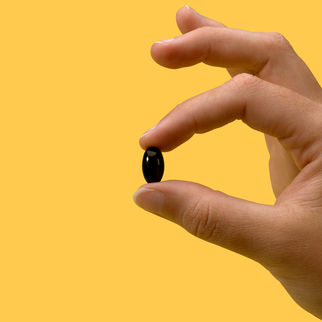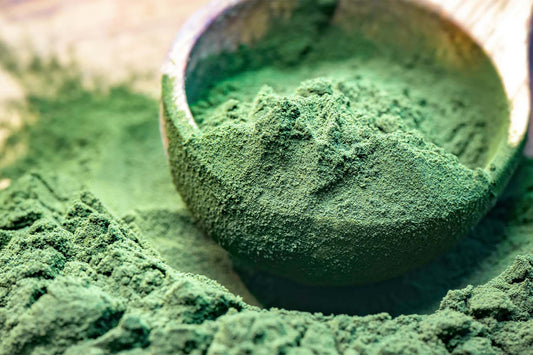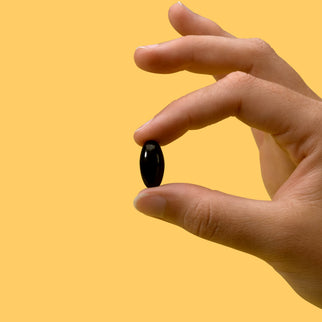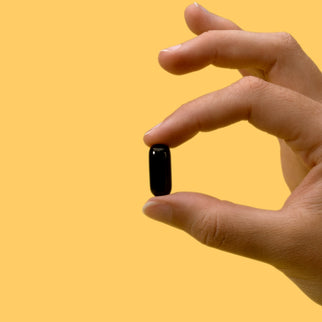iwi's journal
All
agronomy
ala
algae
beauty
brain
cholesterol
dha
dr-eneko-ganuza-phd
dr-jakob-nalley-phd
EPA
eyes
fish oil
food
gut health
hair
health
heart health
immunity
joints
krill oil
multivitamins
muscle
News
omega-3
omega-6
omega-7
Pregnancy
protein
science
skin
softgel
sustainability
vegan
featured products
-

 New
NewOmega-3 Sport
A higher DHA blend to support post-exercise muscle recovery.Regular price From $22.99Regular priceSale price From $18.39 $22.99Unit price perSale -
Omega-3 Essential
Essential fatty acids to nourish you every day.Regular price From $17.99Regular priceSale price From $14.39 $17.99Unit price perSale






















